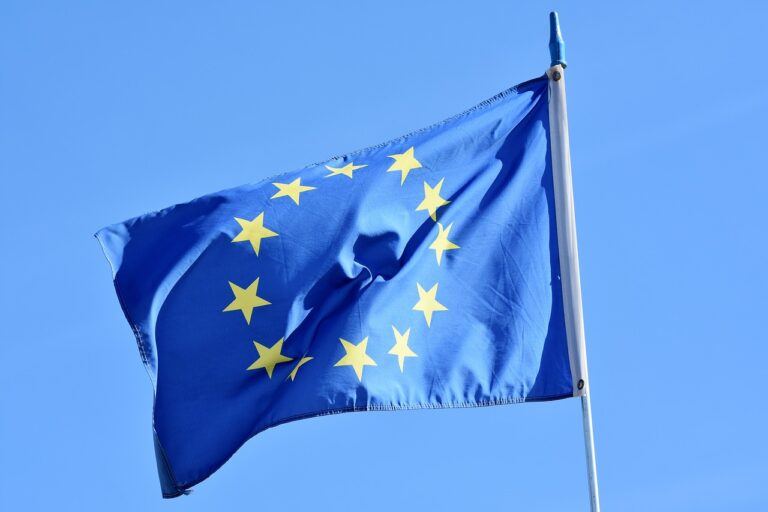Finance ministers from the European Union’s 28 members are reportedly going to hold an informal meeting to discuss tightening cryptocurrency regulations amid concerns over their potential use in illicit activities.
According to a report published by Bloomberg, citing a draft note prepared for a September 7 meeting in Vienna, the regulators plan on discussing cryptocurrencies’ lack of transparency and their potential to be used to launder money, evade taxes, or finance terrorist activities.
As Bloomberg noted regulators around the world have been rushing to police the cryptocurrency space, using various approaches. The Chinese government, for example, decided to launch a massive crackdown that recently saw its search giant Baidu censor crypto discussions on its forums.
The crackdown has, in fact, seen the yuan-to-bitcoin trading volume drop to 1% of the global total. Japan, on the other hand, adopted an exchange-licensing regime and recognized bitcoin as a legal payment method. As a result, the yen-to-bitcoin trading volume currently makes up nearly 9% of the global total, according to CryptoCompare data.
In Europe, authorities have issued various warnings against cryptocurrencies. The European Securities and Markets Authority (ESMA), for example, issued one against initial coin offerings (ICOs) over the lack of investor protections in the fundraising practice, as well as its unregulated nature.
Per the ESMA, unregulated cryptocurrency exchanges could also threaten investors, as they aren’t overseen by regulators who would presumably guarantee customers were protected against typical downfalls, including exit scams and thefts.
Despite these warnings, European regulators have noted ICOs “have established an effective and efficient way to raise capital” in the note Bloomberg read. Per the document, the development could help integrate capital in the EU.
Earlier this year, as CryptoGlobe covered, the European Parliament voted to improve cryptocurrency regulations. In a press release, it explained:
In a bid to end the anonymity associated with virtual currencies, virtual currency exchange platforms and custodian wallet providers will, like banks, have to apply customer due diligence controls, including customer verification requirements.
The European Commission, the Union’s executive arm, has revealed it’ll monitor developments to determine whether or not it’ll have to tighten its control over the cryptocurrency ecosystem.









